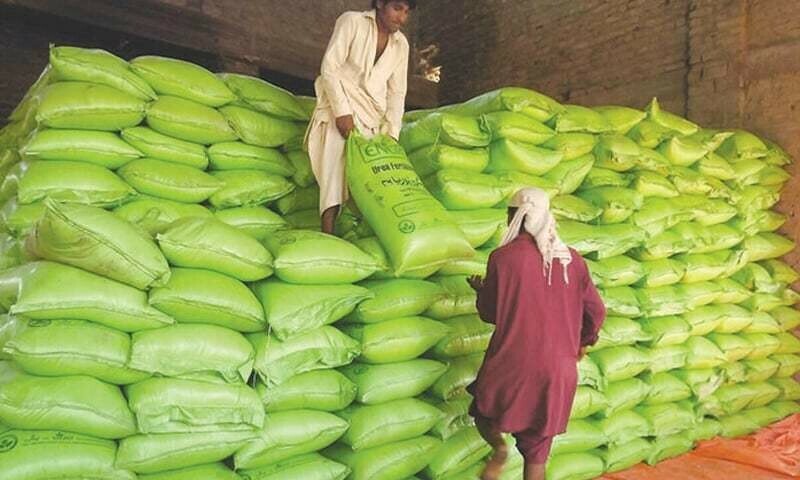KARACH: Fertiliser makers are upset over reports that the government intends to increase the federal excise duty on key ingredients to 10 per cent in the budget for FY26.
Fertilisers are currently subjected to a five per cent federal excise duty (FED), but no GST is levied. Diammonium phosphate (DAP) has an additional five per cent sales tax levy and there are varying levels of taxes on inputs, which push up the cost of production.
Fertiliser makers say they recognise the government’s fiscal constraints and the broader objective of expanding the tax base in alignment with IMF recommendations, but at the same time call upon the government to reconsider this proposed policy measure in view of its potentially adverse effects on the agriculture sector.
Fertilisers such as DAP and urea are indispensable for achieving optimal crop productivity, they contend.
“Any proposed increase in taxation, whether through GST or FED, will further erode farmers’ purchasing capacity and disrupt balanced nutrient management, compromise soil health, crop yields, inflation, and rural livelihoods,” retired Brig Sher Shah Malik, Executive Director of the Fertiliser Manufacturers of Pakistan Advisory Council (FMPAC), cautioned the government.
Impact on output
About the threat to agriculture productivity, he said DAP and urea were fundamental to achieving optimal crop yields, particularly for staple crops like wheat, cotton, rice, and maize.
Farmers are already grappling with rising production costs, volatile international prices, and declining profitability, leading to reduced fertiliser application — especially of DAP.
Sher Shah Malik urged the government to retain the current tax regime on fertilisers to prevent additional a cost burden on farmers and safeguard agricultural output. Moreover, if any relief is being considered for farmers, it should be handled through a direct targeted subsidy mechanism rather than by reducing the output GST.
He asked the government to hold consultations with stakeholders before finalising any budgetary measures.
Topline Securities’ analyst Tanweer Ahmed said urea sale is expected to clock in at 238,000 tonnes, down 24pc from 251,000 tonnes in April last year.
Likewise, sales may fall by 18pc month-on-month.
This will take the offtake to 1.35 million tonnes, down 37pc YoY compared to 2.1m tonnes in 4M2024, mainly due to weak farm economics and water shortage, he said. Closing inventory of urea is likely to be around 1.16m tonnes in April 2025, up from 820,000 tonnes in March. Inventory level of urea is likely to be highest in 94 months, he added.
Total DAP sales during April 2025 are anticipated to be around 104,000 tonnes, up 12pc YoY and 113pc MoM. In 4M2025, total DAP offtake is anticipated to clock in at 254,000 tonnes, down 33pc YoY.
Closing inventory of DAP is likely to be around 186,000 tonnes in April 2025 compared to 187,000 tonnes in March 2025 and 117,000 tonnes in April 2024.
Published in Dawn, May 15th, 2025


